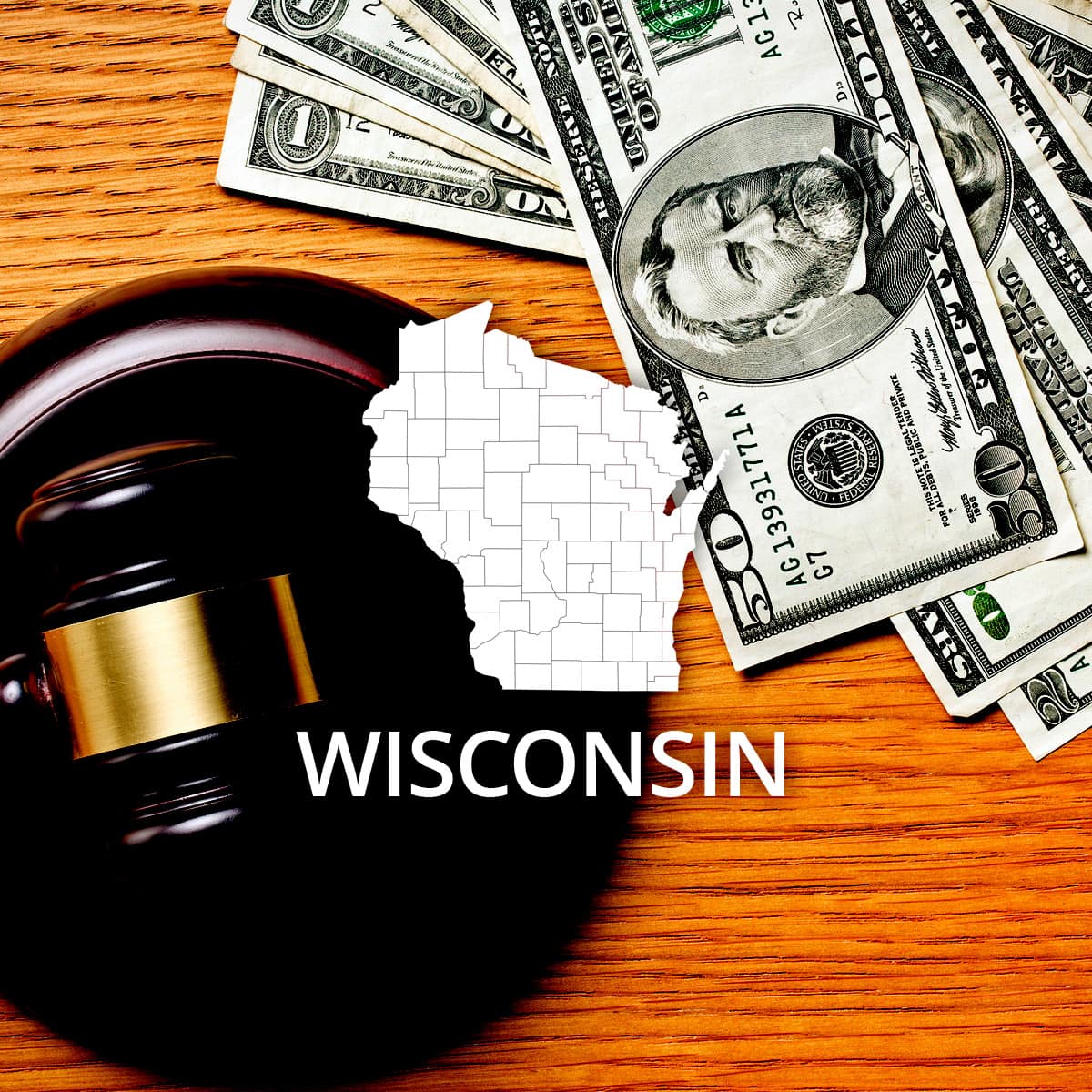 Multiple Bankruptcies: How Often You Can File One?
Multiple Bankruptcies: How Often You Can File One?
Table of Contents
 How to File Bankruptcy in Wisconsin
How to File Bankruptcy in Wisconsin
 Bankruptcy is a matter of federal court and cases are filed within the U.S. Bankruptcy Courts in each state district. Wisconsin has two districts, the Eastern District and Western District.
Bankruptcy is a matter of federal court and cases are filed within the U.S. Bankruptcy Courts in each state district. Wisconsin has two districts, the Eastern District and Western District.
Filing bankruptcy should be considered a last resort for making good on outstanding debts in times of financial distress, but can sometimes be unavoidable. It is strongly suggested by the courts to utilize the services of a local attorney when filing, but individuals can file without a lawyer, also known as pro se.
 Types of Bankruptcies and Terms
Types of Bankruptcies and Terms
Debtors may file Chapter 7 bankruptcy in cases where they simply can't afford to pay down their debts and wish to liquidate their property to pay back as much as possible. Unsecured debts are typically discharged in Chapter 7 bankruptcies, but some debts such as taxes and student loans are ineligible for discharge.
Chapter 13 bankruptcy allows the debtor to reorganize debts and negotiate a lower payment or balance to an affordable amount. This option allows them to maintain ownership of most or all of their property such as houses and cars.
Chapter 11 is filed by businesses who wish to reorganize debt, and Chapter 12 is filed by professional farmers and fishermen.
 Steps to Filing Bankruptcy
Steps to Filing Bankruptcy
When filing bankruptcy with the local court, debtors must provide documentation they have completed the required credit counseling course within six months of the filing date. Approved vendors can be found at local courthouse listings.
Court fees must also be paid upon filing bankruptcy petitions. Chapter 7 and 13 debtors will be required to pay a few hundred dollars at filing. Chapter 7 debtors can request a waiver form or reduced payment plans to fulfill this requirement. Failure to pay fees may result in dismissal of the case. Chapter 11 bankruptcies may cost $1500 or more.
Debtors should be prepared to provide documentation proving their identity, income level and expenses. Tax returns, W-2s, Social Security documents, and balance sheets showing all income and expenses will need to be given to the court. In addition, the court will need creditor information and details regarding debt to be included in the bankruptcy. If a debtor does not complete forms entirely or provide all the necessary documentation, the case may be dismissed.
Chapter 7 debtors must also complete a means test to prove they cannot pay back their debts.
After the initial hearing, a meeting of creditors is scheduled where the debtor and trustee negotiate lower payments, discharges and other arrangements for repayment. Creditors may interview the debtor at this meeting to confirm inability to pay and ask about income, employment and learn about other outstanding debts in the petitioner's name.
Before the court will discharge a bankruptcy, the debtor must also complete a financial management course approved by the court.
Additional information and bankruptcy forms can be found at https://www.uscourts.gov/forms/bankruptcy-forms or RecordsFinder.com Court Forms Section.
 Location Specific Information
Location Specific Information
The Eastern District of Wisconsin U.S. Bankruptcy Court has locations in Milwaukee, Green Bay and Oshkosh. The Western District has locations in Madison and Eau Claire.




